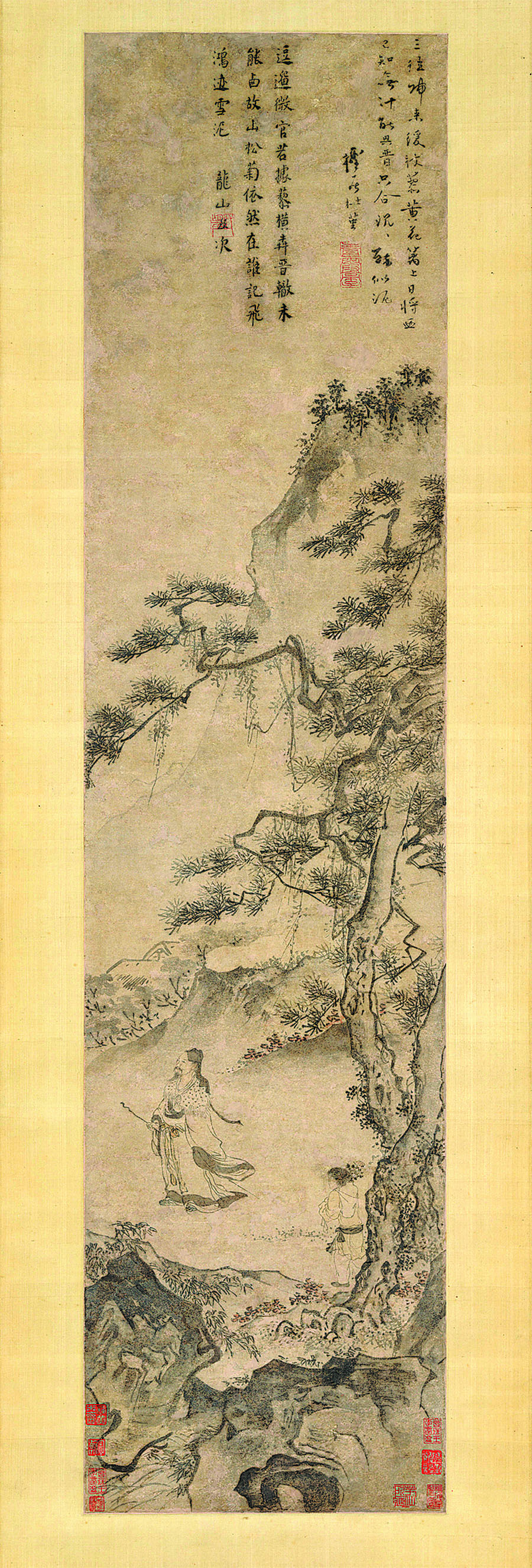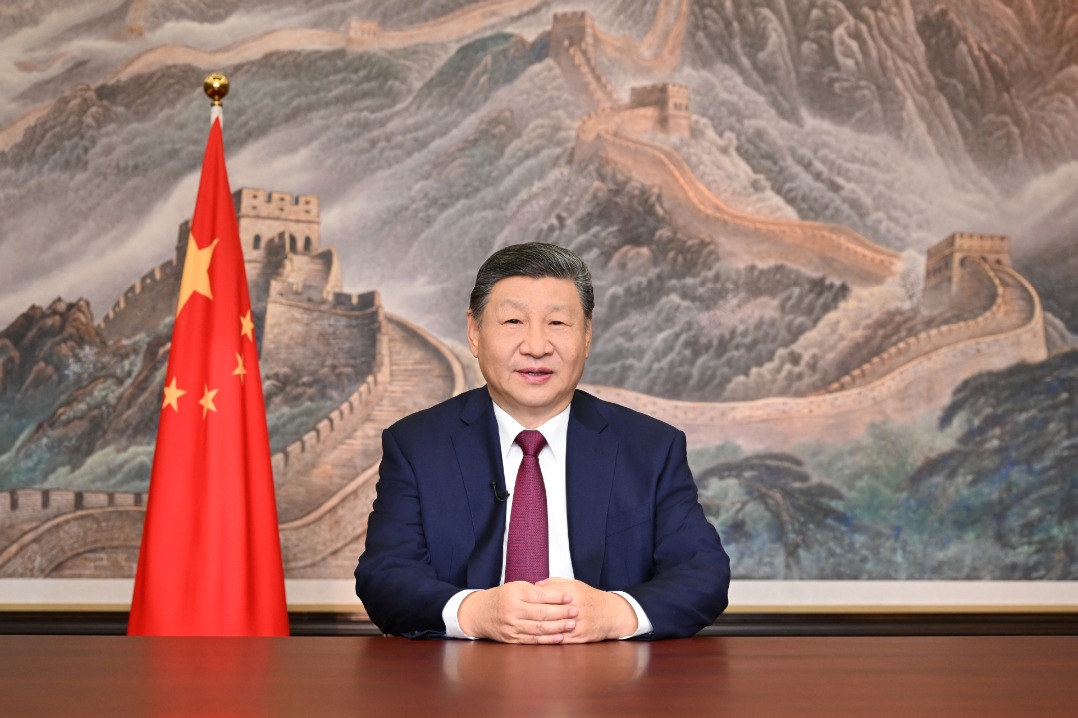Weight of early poetry felt through the ages


One such figure is Tao Yuanming (365-427), a poet who renounced official life to spend his days in wine-accompanied seclusion: "Plucking chrysanthemums by the eastern fence; and gazing leisurely upon the southern mountains", as he described in one of his most celebrated poems.
Tao practiced what he preached. He didn't merely imagine a life free from the burdens of officialdom; he lived it.
"He set a personal example of how a cultivated Confucian gentleman might conduct himself, in times of both power's favor and neglect," Tan says. "In doing so, he became, in my view, the most enduring cultural icon throughout China's history."
That impact is evident in the countless poems and paintings produced since his time, both implicit and explicit in their allusions to him. Even Emperor Qianlong (1711-99) of the Qing Dynasty (1644-1911), in one of his painting inscriptions, spoke of retreating to special spaces within his imperial palace to escape the burdens of duty — directly acknowledging Tao's ideal.
"You really cannot engage with Chinese poetry without celebrating the idea of Tao Yuanming," says Joseph Scheier-Dolberg, curator of Chinese painting at the Metropolitan Museum of Art in New York.
Last year, Scheier-Dolberg explored the connection between poetry and painting in ancient China through an exhibition titled Vision and Verse. The first gallery of the show was taken up entirely by paintings inspired by the Book of Songs.
"I wanted to reflect on how, as far back as the time of Confucius, Chinese people have used poetry not only to express emotions, but also as a means of understanding what it means to be part of Chinese culture, "Scheier-Dolberg says, referring to the exhibition.
"I am tempted to say that for the ancient Chinese, Shi Jing carries the same cultural weight as The Bible does in Christian or Jewish traditions. That's a lot for poetry to bear."
























